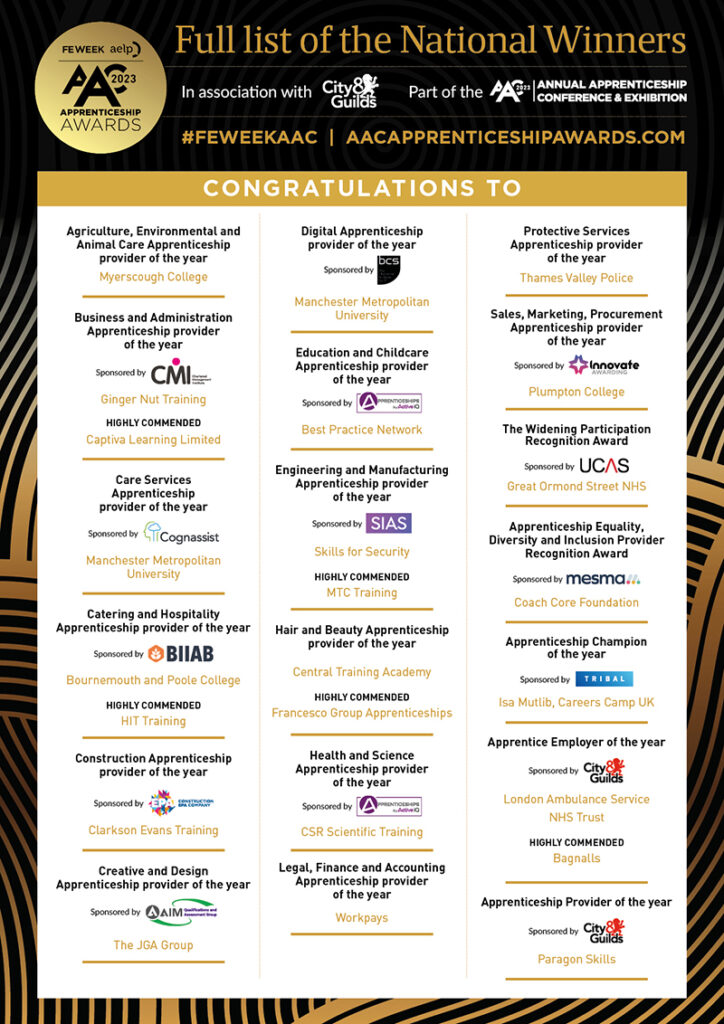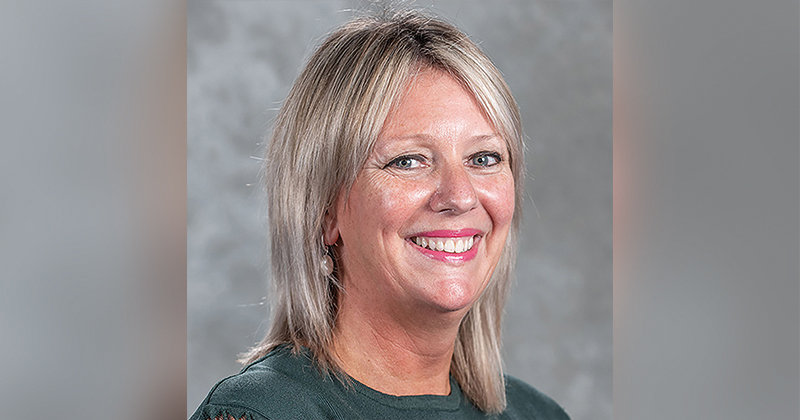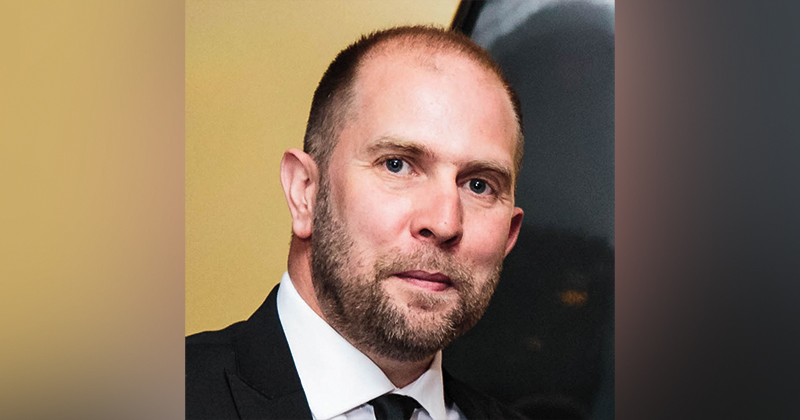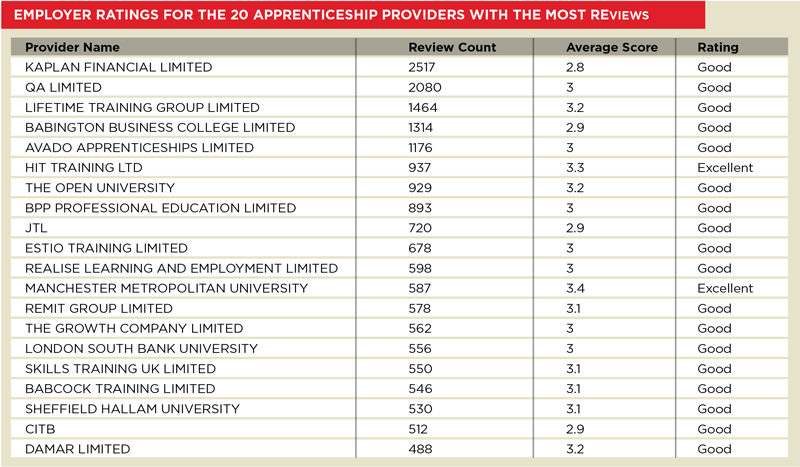Only half of the 20 apprenticeships in the government’s “exceptional” funding uplift review will go through the accelerated process.
Jennifer Coupland, chief executive of the Institute for Apprenticeships and Technical Education (IfATE), revealed today that employer-led trailblazer groups for 10 of those in scope have opted out.
The decision has left some training providers, who were not consulted, “hugely disappointed” as they struggle to offer the programmes because of high costs.
Those that have declined the offer include trailblazer groups for apprenticeships in painting and decorating, carpentry and joinery and engineering technician (see table for full list).
Coupland also couldn’t commit to meeting the May 1 deadline for introducing the new funding bands for those standards that are going through the process. She expressed her own “disappointment” that more apprenticeships wouldn’t benefit from the policy.
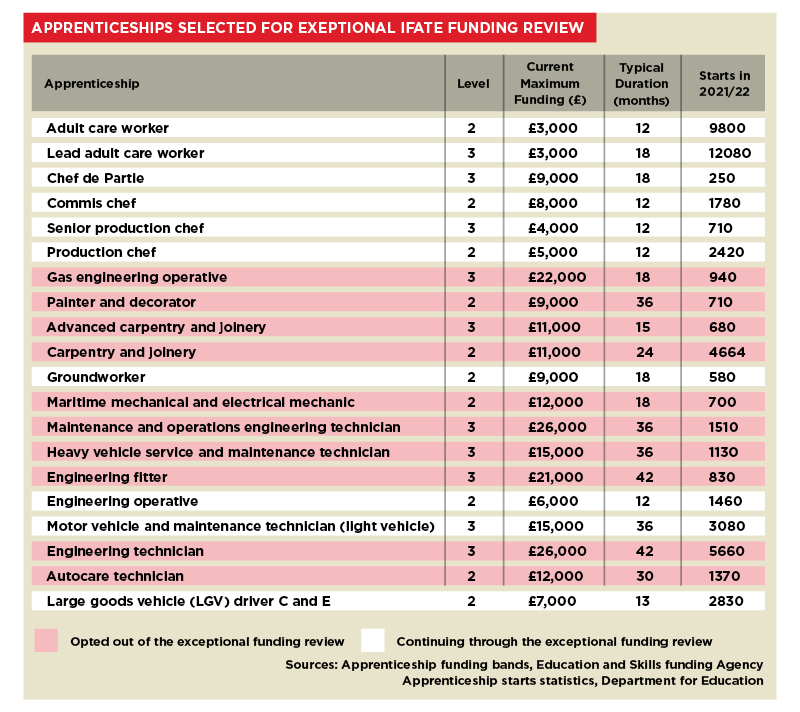
In November the Education and Skills Funding Agency announced plans to quickly increase funding bands in the hardest hit sectors to recognise the impact of soaring inflation on training delivery, with an ambition to unveil details of the process at the end of that month.
The IfATE announced in January that this “exceptional funding band review” would only apply to 20 “high-volume apprenticeships in skills shortage occupations and priority sectors”.
The chosen standards represent about 20 per cent of all apprenticeships starts. Evidence for an uplift was needed by early March and the new funding bands had planned to be implemented by May 1.
IfATE said the exceptional review will not include the full apprenticeship content or end-point assessment review that the ordinary revisions process includes, to help speed up the process.
But Coupland told today’s Annual Apprenticeship Conference that she could not “sit here and say that it will be May 1 when they will go through”.
She said the institute received “different responses” from the 20 trailblazer groups that were identified for the review, where “one didn’t want to go for it and another clutch said they would prefer to go through the usual funding band process, because they actually wanted us to review their end-point assessment, the content of the apprenticeship as well as the funding”.
Coupland added: “We were disappointed that we couldn’t extend the exceptional funding band process.
“We’ve had to prioritise because that’s the thing you do when you’ve got an affordability question.”
Brenda McLeish, chief executive of The Learning Curve Group, was angered by the announcement.
“If we can only get half of the 20 reviewed there is clearly an issue with the process and infrastructure around how the reviews happen,” she said.
“In the meantime, providers are opting out of delivering a lot of these standards which are high priority from an employer skills perspective because they just cannot afford to deliver them. IfATE needs to stand up and take responsibility for that.”
Sector leaders previously complained that the exceptional funding band review would only apply to new starters and would not address the challenges of training current apprentices.
Challenged on this by FE Week after her speech, Coupland said: “It has always been the case that if a funding band changes, it applies to new starters only. That is the situation that we have got for any of these exceptional funding band cases. We need to have it in line with policy and also because of affordability considerations.”
McLeish said that the institute should backdate the new funding rates for the 10 going through the exceptional process to the beginning of the academic year. “It would be a small little victory in the midst of all this mess,” she added.

